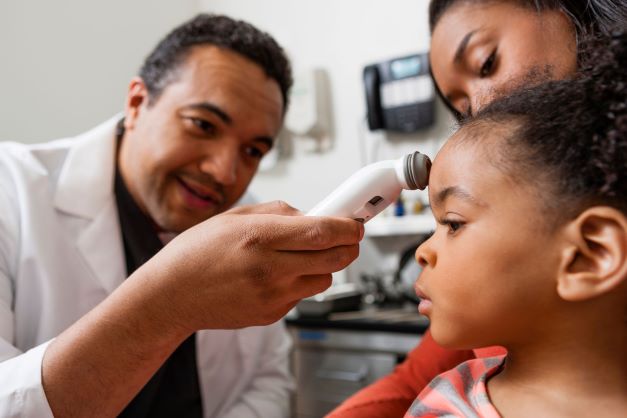When Los Angeles County invested in Whole Person Care (WPC) it could not have known just how important the system’s flexibility would be.
Anyone who has had an interface with health care delivery, policy, oversight and management know things change quickly. As data becomes a priority, expectations of the use of that data also change. Add on top of that a global pandemic, and virtually all of our plans can feel like a house of cards tumbling down.
This is where I’ve seen the value of many agencies, public and private, investing in a flexible analytics infrastructure. In health and social services, we often (and appropriately) invest first and primarily into direct services and technology that supports those, like electronic health records. However, as more stakeholders and policymakers question the effectiveness of services funding, the lack of analytics infrastructure to answer those questions has threatened and eliminated some funding streams.
Los Angeles County’s Department of Health Services (DHS) saw that need many years ago. DHS built and continues to grow and modernize its flexible analytics platform. As the second-largest public health system in the United States with 750,000 unique patients served annually, there’s no shortage of diverse and complex policy questions and operational scrutiny. While this volume of information could overwhelm, it actually gives the country’s most populous county (over 10 million residents) the ability to gain new insights and provide better population health initiatives.
Adapting to a changing Medicaid and Whole Person Care landscape
Years ago, LA established its Enterprise Linkages Project, connecting information across multiple public agencies while protecting privacy. This infrastructure has helped the County respond to a wide range of concerns.
DHS has been able to use that infrastructure for planned efforts, like evaluating and supporting the care coordination included in the 1115 Whole Person Care (WPC) Waiver. The WPC Waiver was a demonstration project emphasizing the coordination of health, behavioral health and social services in a holistic, person-centered approach.
Identifying target populations and individuals, plus sharing data for coordination and continuous quality improvement, were central components of this Waiver. DHS' Chief of Data Analytics at the Office of Planning and Data Analytics, Dr. Toki Sadralodabai, pointed out, “Many California policy decisions are based on the data that the counties, including LA County DHS, provide and we also use this data to deliver better patient care.”
Indeed, evaluations of this work have led many of the features in the WPC Waiver as well as another 1115 Waiver, the Drug Medi-Cal Organized Delivery System, to be incorporated into routine Medicaid benefits under the new CalAIM bundle of benefits. DHS is now well-positioned to respond to core CalAIM and modern health care expectations, such as risk stratification, care coordination, and population health, from a true data-driven perspective.
Further, as surprises like COVID came up, the same flexible Whole Person Analytics infrastructure allowed Dr. Sadralodabai and her team to support DHS’ quickly changing operational and evaluation needs. While many agencies around the world scrambled to get data together, DHS’ investment in analytics infrastructure allowed them to respond more rapidly and nimbly.
Check out LADHS’ new story for more details on how having a flexible Whole Person Analytics platform has facilitated their ability to meet ever-changing requirements and questions.

